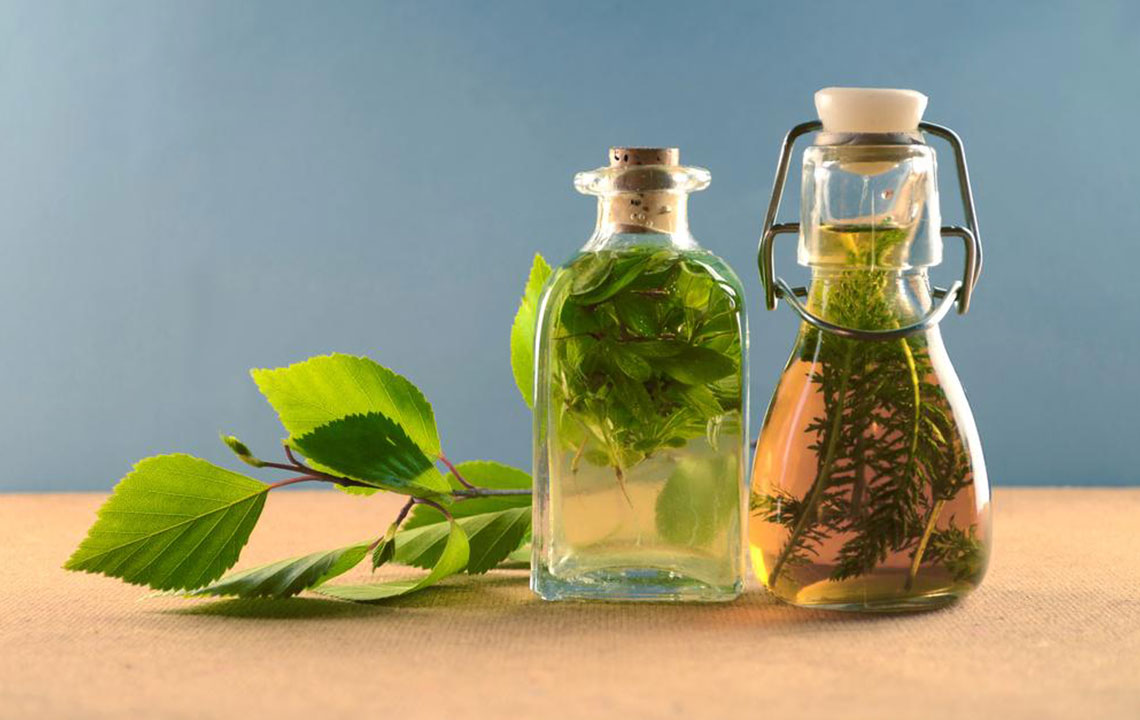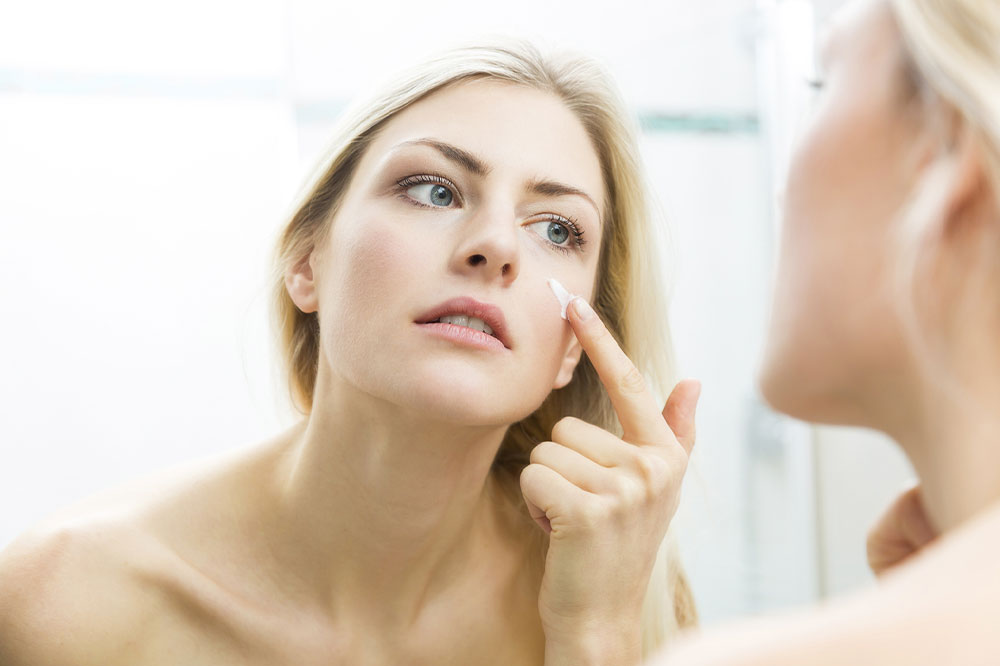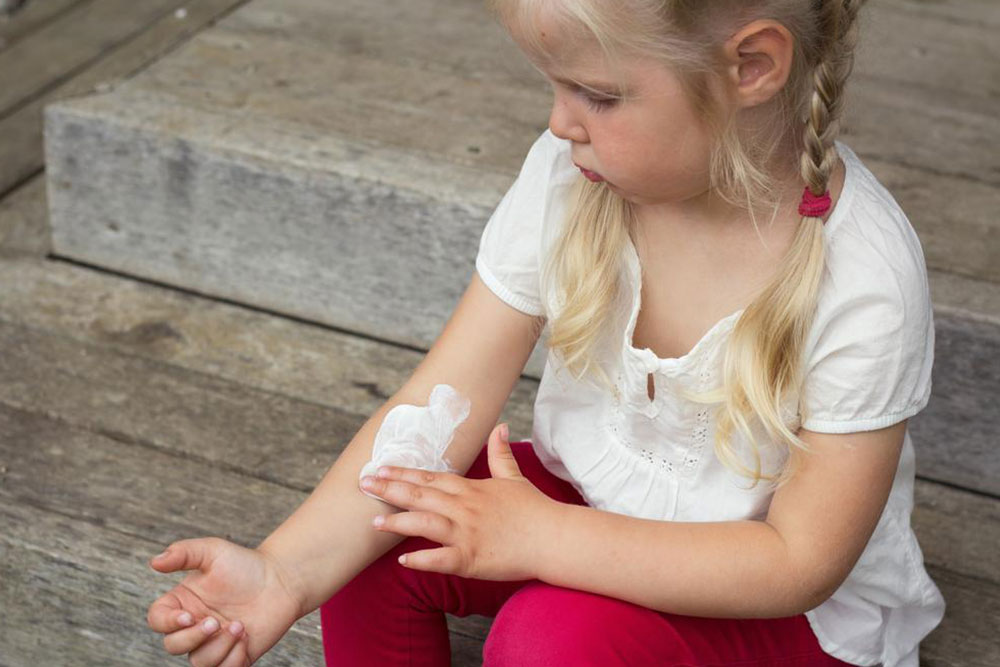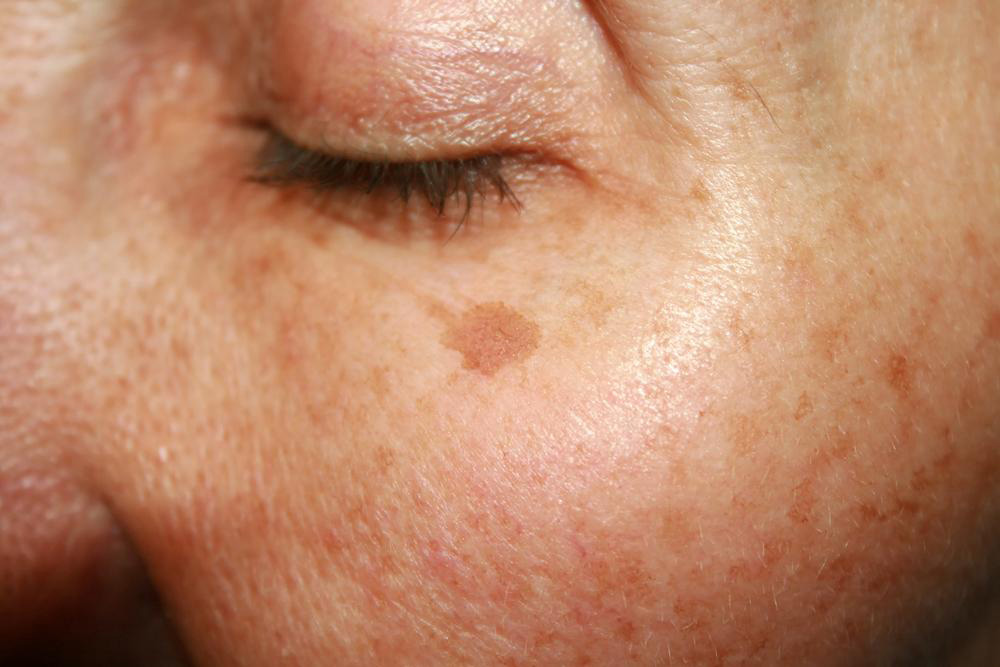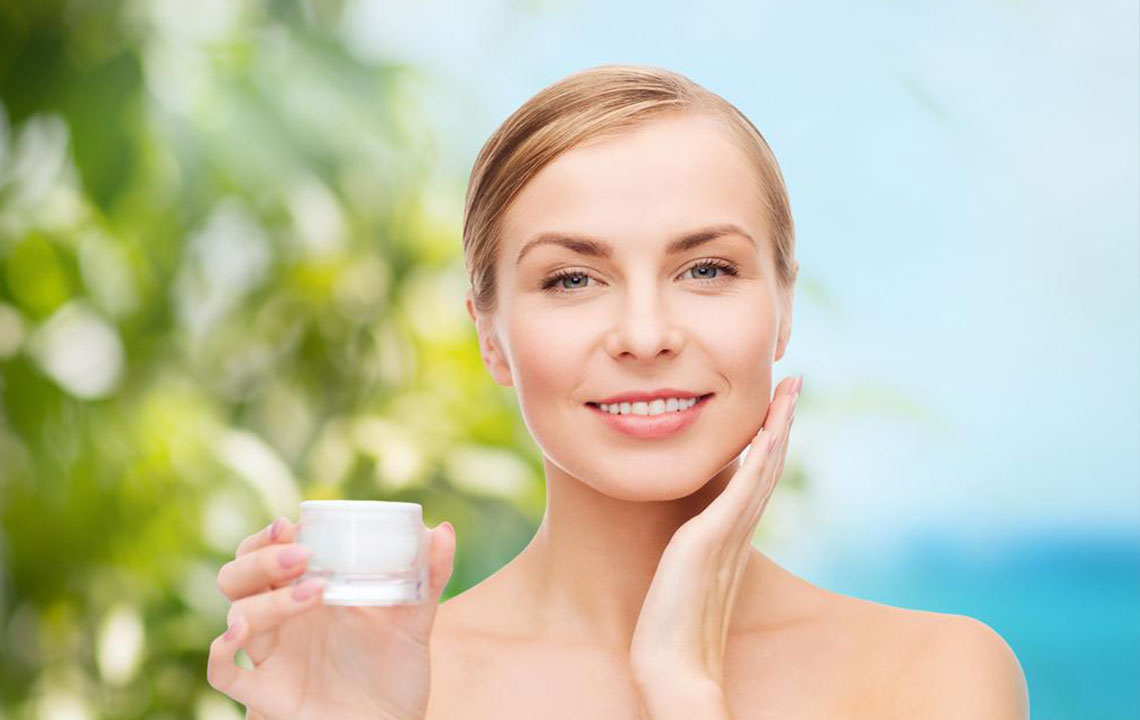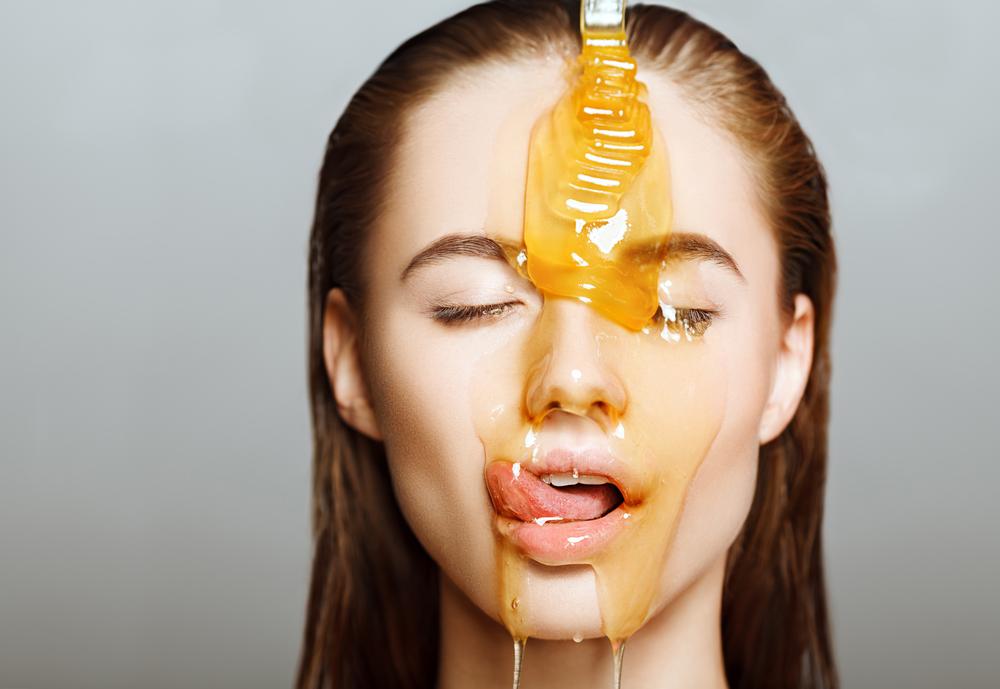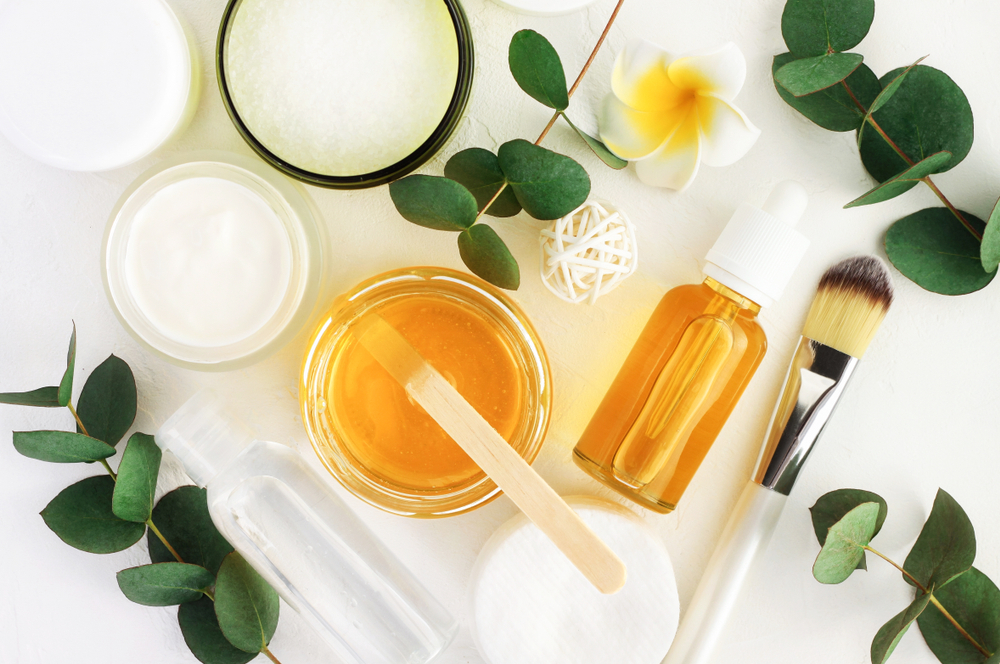Comprehensive Guide to Managing Rosacea
This comprehensive overview explores rosacea's causes, symptoms, and treatment options. It highlights medical, natural, and laser therapies, emphasizing early management to prevent progression. The article also offers practical tips for skincare and lifestyle adjustments to control flare-ups effectively.
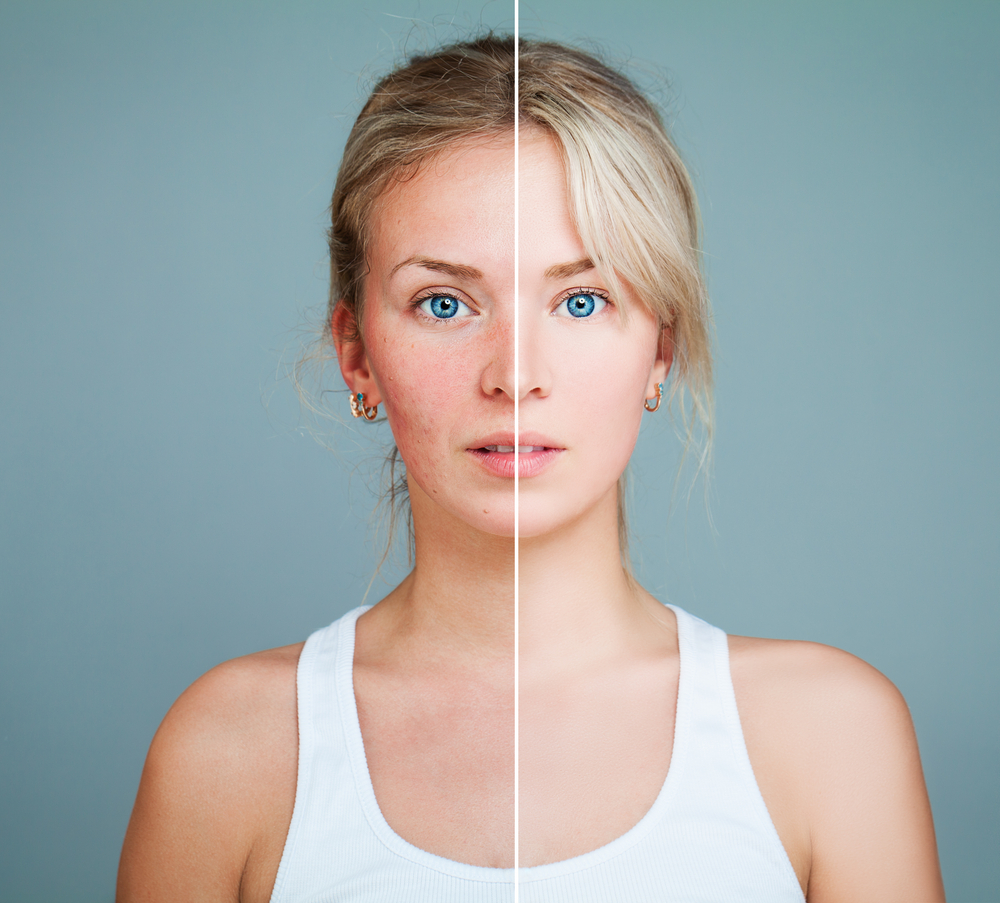
Comprehensive Guide to Managing Rosacea
Rosacea is a chronic skin condition affecting the face, commonly seen in individuals over 30, especially those with fair skin who blush easily. It presents as redness on the cheeks, nose, chin, forehead, ears, and sometimes the neck and scalp. If untreated, it can worsen, causing visible blood vessels, pimples, bumps, tissue growth, and a bulbous nose. Early treatment helps prevent progression and visible signs of the disorder.
What Causes Rosacea
This condition results from abnormal skin inflammation, vascular reactivity triggered by sun damage, medication side effects, genetic factors, and lifestyle choices such as alcohol, caffeine, spicy foods, humidity, stress, and certain cosmetics.
Recognizing the Symptoms
Frequent flushing or blushing episodes
Persistent redness resembling sunburn or blush
Small pimples or bumps without blackheads, often with burning sensation
Visible tiny blood vessels on the skin
Red, watery eyes and swollen eyelids in ocular rosacea
Excessively dry skin on the face
Red, raised patches and facial swelling
Effective Treatments for Rosacea
Medications: Dermatologists typically prescribe oral antibiotics and topical agents to control symptoms effectively. For eye involvement, eye drops may be recommended.
Applying metronidazole-based creams twice daily can help improve skin appearance. Additionally, avoiding triggers such as stress and certain foods, like spicy dishes, alcohol, and caffeine, is important. Use gentle, natural skincare, sunscreen, and avoid harsh chemicals. Cleanse skin with lukewarm water and pat dry gently.
Natural Remedies: Green tea compresses can soothe inflamed skin. Drinking green tea may reduce redness. Mixing coconut or almond oil with lavender oil and applying at night can promote healing. Honey masks and diluted apple cider vinegar solutions can also aid in reducing dryness and irritation. Aloe Vera gel provides calming effects for sunburned or inflamed skin.
Laser Therapy: Laser treatments target persistent redness and visible blood vessels, especially if thickening occurs. Results can last between 3 to 5 years, but consult a dermatologist to assess suitability and potential side effects.
Note: Our articles aim to provide helpful insights across various topics. While we base content on research and verified data, readers should consult healthcare professionals for personalized advice. We are not liable for discrepancies or unlisted offers that may benefit readers.

